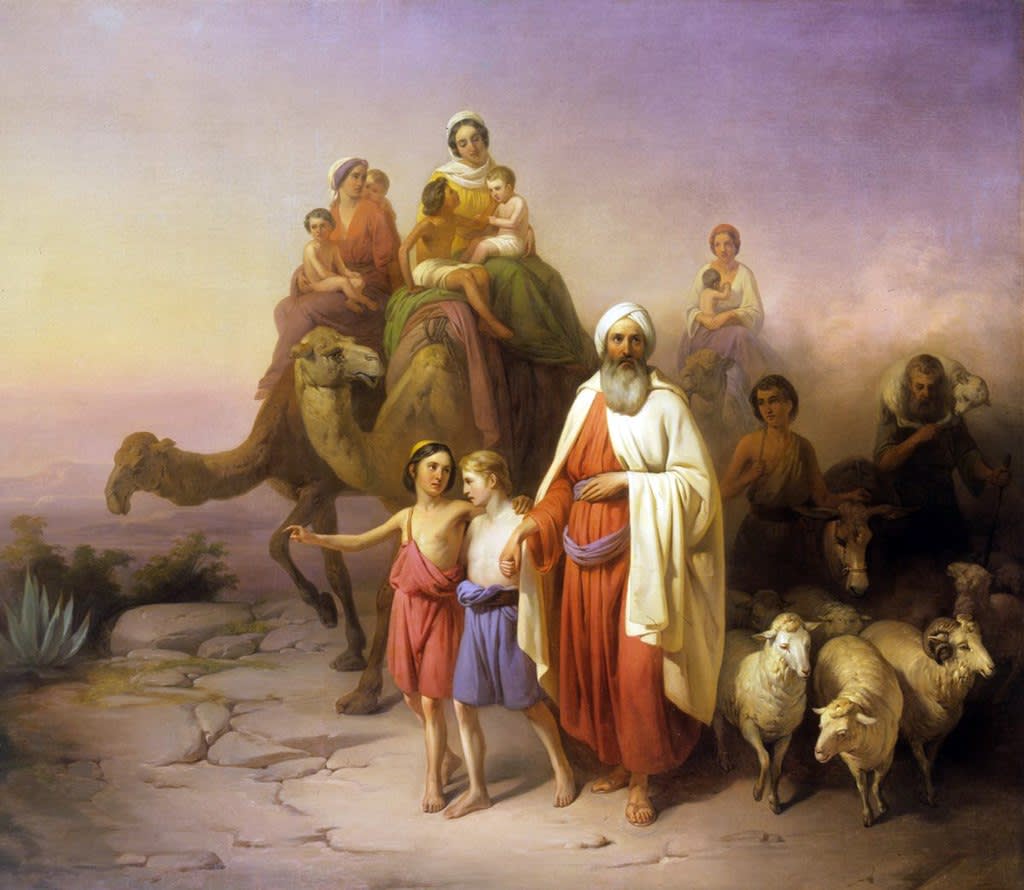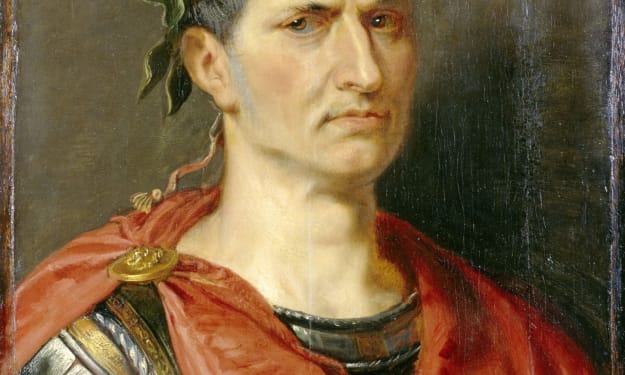How Many Children Did Abraham Have? Shocking Number!
Discover Historical Record Of Children

Abraham, a pivotal figure in the history of monotheistic religions, holds a special place in the hearts of Jews, Christians, and Muslims alike. One of the intriguing aspects of Abraham's life is his family, particularly the number of children he had. In this article, we will delve into the question: how many children did Abraham have? We will explore his descendants and the profound influence they had on the world's major Abrahamic faiths.
Who Was Abraham?
Christianity, and Islam. He is often regarded as the father of these monotheistic faiths and holds a central place in their respective histories and beliefs. According to religious texts, Abraham was born in Ur of the Chaldeans, an ancient city in Mesopotamia, and he is considered a prophet in Islam.
His significance lies in his unwavering faith in one God and his pivotal role in the covenant between God and humanity. Abraham's story is characterized by his journey of faith, including his willingness to follow God's command, even to the extent of being prepared to sacrifice his son, Isaac, in the Hebrew Bible, or Ishmael, in Islamic tradition.
His legacy as a symbol of faith, obedience, and the father of many nations continues to shape the religious and cultural identities of millions worldwide.
How Many Children Did Kids Have?
Abraham, also known as Ibrahim in Islam, had a complex family tree with several children, each playing a significant role in the history and beliefs of Judaism, Christianity, and Islam. According to Bible, Abraham had eight sons from three wives while some scholars claim he had only six sons.
Here, we will introduce some of the most prominent children of Abraham:
1. Ishmael:
Ishmael, the eldest son of Abraham, was born to him and Sarah's maidservant, Hagar. His birth was the result of Sarah's initial infertility and her suggestion that Abraham have a child with Hagar. In Islam, Ishmael is highly regarded as a prophet, and he is believed to have settled in the Arabian Peninsula. Islamic tradition holds that he played a significant role in the early history of the Arab people and is considered one of the ancestors of the Arab nations.
2. Isaac:
Isaac, born to Abraham and Sarah in their old age, holds a central place in the narratives of Judaism, Christianity, and Islam. His birth was considered miraculous due to his parents' advanced age. In Judaism, Isaac is revered as one of the patriarchs of the Twelve Tribes of Israel, and the Abrahamic Covenant was passed down through him. In Christianity, he is often seen as a precursor to Jesus Christ. While Isaac's story in Islamic tradition differs in some aspects, he is still regarded as a prophet and an important figure.
3. Zimran:
Zimran was one of Abraham's sons born to him and Keturah. While his role in religious narratives is not as prominent as that of Ishmael and Isaac, he is traditionally believed to be the patriarch of a group of people or a tribe. The specific details about Zimran's descendants and their contributions to history are not extensively documented in religious texts, but they are considered part of Abraham's extended family.
4. Jokshan:
Jokshan, another son of Abraham and Keturah, is mentioned in the Hebrew Bible as the father of Sheba and Dedan, two notable figures in the genealogies of the region. These names appear in historical and geographical contexts associated with the Arabian Peninsula. Jokshan's descendants were believed to have settled in the Arabian Peninsula and played a role in the region's history.
5. Medan:
Medan, the third son of Abraham and Keturah, is briefly mentioned in the Bible. Like his brothers, Medan's descendants are believed to have contributed to the ancestry of various tribes and groups in the ancient Middle East. Specific details about his life and legacy are limited in the scriptures.
6. Midian:
Midian is one of the more recognizable names among Abraham's sons from Keturah, primarily due to his association with the Midianites. The Midianites were known for their interactions with other biblical figures, such as Moses, in the Exodus narrative. Midian's descendants settled in the region known as Midian, which is believed to have encompassed parts of modern-day Saudi Arabia and Jordan.
7. Ishbak:
Ishbak, while less well-known than his brothers Ishmael and Isaac, is regarded as one of Abraham's sons from Keturah. The Bible provides little information about him or his descendants. Like his brothers, Ishbak's lineage is believed to have contributed to the diversity of tribes and groups in the ancient Near East.
8. Shuah:
Shuah is the sixth and final son of Abraham and Keturah. He is mentioned in the biblical genealogies as the father of several notable figures, including Jobab, Zimran, Joash, and others. While his descendants are mentioned in the Bible, the details of their lives and contributions are not extensively documented.
Conclusion
Abraham's family, with its diverse and numerous descendants, has left an indelible mark on the history of monotheistic religions. The question of how many children Abraham had opens a window into the rich tapestry of religious traditions and beliefs that trace their roots back to this legendary figure. Whether through the lineage of Ishmael, Isaac, or the lesser-known children, Abraham's legacy continues to influence the spiritual journeys of millions around the world.
About the Creator
Exotic History
Welcome to Exotic History, where the past comes alive with vibrant stories and intriguing narratives. We are your gateway to a world of captivating historical accounts, adventures, and forgotten tales that span the globe.






Comments (1)
Great work!